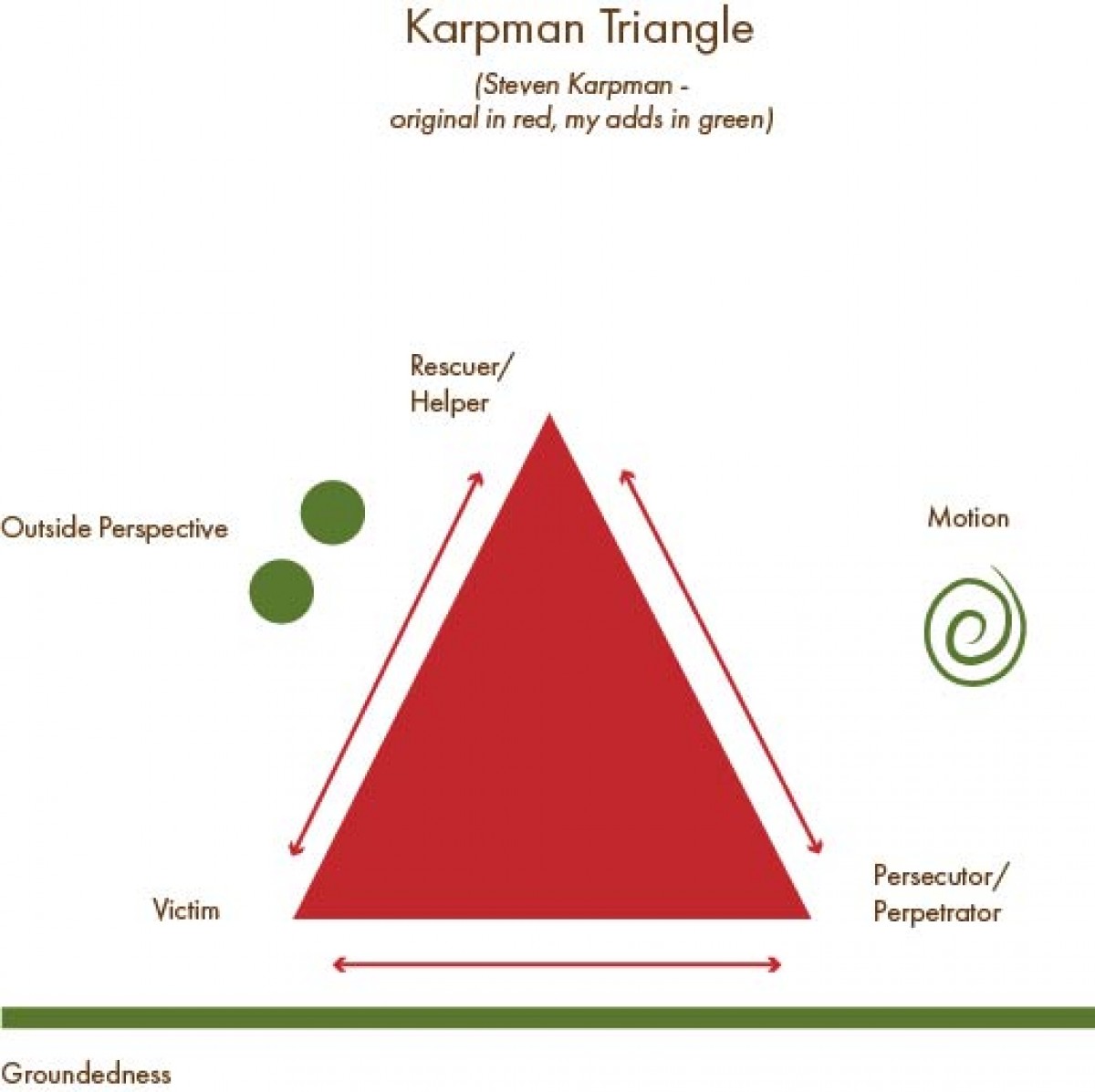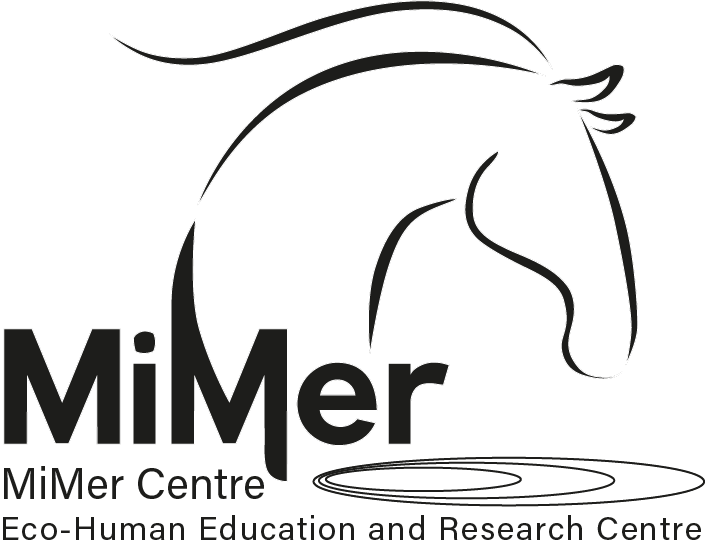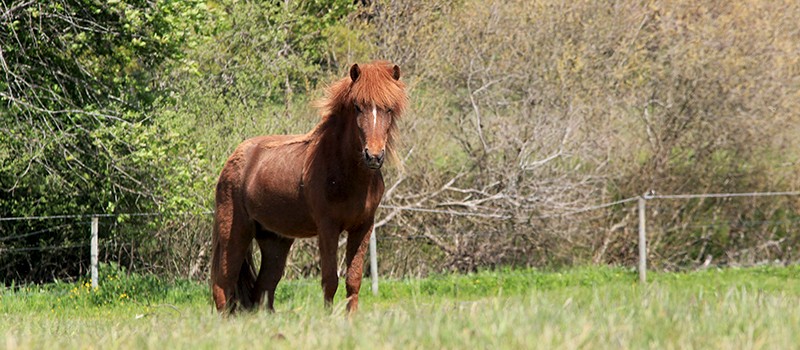Is what “horse people” do to horses systemic oppression?
I read an article by Julia Alexander, named: WHAT HORSES TEACH US ABOUT SYSTEMIC OPPRESSION
I have been sitting with it for a couple of days, first I reposted an older article/post of mine: Everything hard or stressful is not trauma…
https://www.mimercentre.org/index.php/blog/everything-hard-or-stressful-is-not-trauma
Then in an attempt to clarify my thoughts – I wrote a new blog post yesterday: The DIFFERENCE between Horses and Humans…
https://www.mimercentre.org/index.php/blog/the-difference-between-horses-and-humans
But it all felt muddled. There was something that I could not formulate. Last night I did make a connection between my uneasy feeling of that something is not quite right that I get from Julia’s article, and the similar feeling I got attending a course at the Kerulos Center, based on indigenous research methodologies (IRM).
I am all for owning our own parts in systemic oppression. If you know me, you know I am all for terminating all kinds of oppression. I have allergic reactions to oppression. And maybe that is actually what I get reading Julia’s article and attending the course, a mild form of my allergic reaction?
The article and the course both have the best intentions to bring something really important to the forefront. I applaud and support both efforts. Still, I have this lingering feeling of unease.
Now I will try to untangle my thoughts of why.
And I will start with a quote from Martin Luther King:
“The ultimate tragedy is not the oppression and cruelty by the bad people but the silence over that by the good people.”
I love that quote. For me it means a lot, explains a lot of my own hurt of why people did not intervene to stop the oppression I grew up with, that were not systemic, but systematized and organized.
But. There is a “but” here that got visible to me last night having all these different threads of thoughts and impressions swirling around in my head. What if the good people are silent because they do not know any better? What if they are silent, not because they evade speaking up, are too scared to themselves end up getting negative attention? This is the reason some people do not speak up, they do not dare to fall out of the line and point out an injustice, of fear of repercussions (which can be a very real consequence). But what if they do not speak up because of ignorance? Out of an inability to actually see the evil? Or not only that, but because they genuinely think what they are doing is absolutely the right thing to do, and there is no evil around, anywhere?
That is one part of the problem and my unease. You can not hold people accountable for being part of a problem they do not know exists. Choice is not possible where there is no awareness of choice. Of the power to choose.
Another part of the problem I see when the “silent masses” are turning themselves into victims and start to fawn (appease/please).
I wrote another blog post where I pondered this, while ago, with the racism that so bluntly and brutally showed its face in USA a couple of months ago – It was also written in a not so lucid way: De-colonization – where are YOU from?
http://livethechange.se/index.php/blog/de-colonization-where-are-you-from
It is interesting for me to see how now different thoughts and impressions for me come together and form a more grounded stance for me. It is NOT only because I am traumatized in my past that it is important for me to NOT see horses as objects, the way that is described in Julia’s post and the way I felt indigenous people were referred to the course (this referring is unintentional).
It is because how I see that we objectify them by victimizing ourselves…
When I started by own small business, beside the foundation MiMer Centre, I had a logo done for it, based on the Karpman triangle. Do you know about it?

I use it in my logo for Live the Change – and it has come to mean a lot to me, trough having this triangle as a symbol and memory support in, and outside my own therapy.

Live the Change is my own small business that I am more and more linking into my own work in MiMer but is a separate entity.
As I see it, if we accept that there is systemic oppression within our ways with horses, we enter the Karpman triangle and run around in there. Moving between feeling like perpetrators/persecutors, victims, and rescuers/helpers.
To get out of the system we ourselves create of whom or what to blame, we need to step out and observe what we do, and what is happening, concretely, in the here and now. That is what the 2 green dots symbolizes, they are 2 to show that we are never as alone as we can feel. For that we need groundedness, the bottom green line and motion, which the spiral symbolizes (as a general motion connecting motion through our minds, bodies and hearts).
When I took the training at the Kerouls Center, I could not define what bothered me. Partly because it sounded so right. The course was founded on the idea that we can use IRM to look closer at animals. It is an attractive thought, I really like the Beston’s quote e.g. that talks about our fellow inhabitants on this planets, not as brethrens, but as other nations.
“We need another and a wiser and perhaps a more mystical concept of animals. Remote from universal nature and living by complicated artifice, man in civilization surveys the creature through the glass of his knowledge and sees thereby a feather magnified and the whole image in distortion. We patronize them for their incompleteness, for their tragic fate for having taken form so far below ourselves. And therein do we err. For the animal shall not be measured by man. In a world older and more complete than ours, they move finished and complete, gifted with the extension of the senses we have lost or never attained, living by voices we shall never hear. They are not brethren, they are not underlings: they are other nations, caught with ourselves in the net of life and time, fellow prisoners of the splendour and travail of the earth.”
― Henry Beston, The Outermost House: A Year of Life on the Great Beach of Cape Cod
Still, I felt uncomfortable. I also felt uncomfortable voicing my feelings and thoughts. I did try but did not really had the guts to address it heads on and simply have the discussion. I was afraid I would be seen as an opponent to the right of indigenous people doing research that aligns with how “they” feel is a congruent way to explore the world and share “their” perspectives. I put “they” and “their” here in quotation marks because this thinking of them and us makes me uncomfortable.
Again, those who know me know I am for exploring anything in whatever ways feel congruent to the explorer. I am myself way out of the box in the ways I explore what is true to me.
The course was great. The atmosphere, however, was what bothered me. There was an atmosphere of reverence, of subservience. Of how now we as “white privileged people” “should” listen more and talk less. How we should follow, not lead, and not walk side by side. How we should accept the way our inherited privilege turns us into oppressors in so many ways I faltered in my own thoughts and felt very restricted. When I said something, I felt like an oppressor, as a perpetrator. Which moved me into feeling as a victim of the course, and then I wanted to help to make it better (without knowing what bothered me…).
And this is the feeling I get by reading Julia’s article. I feel like an oppressor. I see victimized horses. I also see victimized female horse persons, having been victims of male, white oppressive privilege, and conditioning. I see helpers who wants to take down the system and rescue the horses.
I also sense an overwhelm. Fighting systems seldom works. Every successful battle starts and is won by grassroots having had enough and start to DO – ACT differently. But not without thought, direction and goal.
In this sense I love quote that is attributed to Mother Theresa (there are sources saying she never said that, never mind, it is a brilliant quote):
“If you want to bring peace to the whole world, go home and love your family.”
We can start to change the world by starting to look at ourselves and what we bring to the table, and what we want to bring, to see if that is actually what we are doing.
If we seek the problem in “the system”. We ourselves will feel powerless. The system is an undefined enemy. A huge and vaguely defined enemy.
I know that systemic oppression is a real thing. And a horrible thing. As a woman, I know how it is to be oppressed because of this fact alone. If I had been born a male, my life would have been very different (or maybe not, small boys are abused as well, but I believed that growing up). I have felt the harsh reality of sexism in many ways.
Still, I am privileged, because I do not know what it feels like to be oppressed because of the color of my skin, or my national, cultural, religious, or ancestral belonging.
But owning guilt that is not mine, will not help anyone. I am doing what I can to change what I can, starting with myself and what I can see around me. That empowers me.
I am the first to admit that there are practices within the horse world that I find abhorrent. Just like I find racism to be, or sexism, or ableism – and speciesism.
I also meet a lot of wonderful people in the horse world, and they have no intent to harm horses, nor are they aware of that this is what they sometimes are doing. And reaching them, will not be done by telling them they engage in systemic oppression.
And I do not think they do.
As I see it, we will come further with education and discussion. With a shown will to doing and acting differently that what we perhaps grew up with learning about horses and everything horse related.
I do not like to put human concepts on to horses, because it muddles my vision of them. It muddles my vision of what I can do and contribute with.
Systemic oppression is very much a human construct.
While I am an avid advocate for saving our planet from the disaster climate change is, the 6th mass extinction of animals, destroying the diversity on earth that we need to survive and thrive, all of us (all species) – I do not believe this is the right route to take in looking closer at our own field (or industry – because sometimes it looks more like an industry than a field of work).
I think the essence of both the course and Julia’s article is an invitation to take more responsibility and actually do what I also invite us to do – look closer at ourselves.
As a trauma survivor I know I cannot do that being inside the Karpman triangle, running around and shifting between being a perpetrator, victim, or rescuer – or when I see the ones I meet in that triangle. The relationships I then create and try to maintain will never be sustainable. Because – inside of it – I cannot think. I cannot make decision with integrity. I cannot stay true and congruent. I need to be outside, grounded, trusting I am not alone, and be in motion, let my thoughts, feelings, ideas, plans, beliefs etc flow through me so they do not get stuck.
I educate in equine welfare (and in EAP/L), when I do, I need to meet people where they are and not take where they are personally. If I cannot do that, I judge and lose the opportunity for growth (for both of us).
In my work I also meet a lot of horse people who are not ignorant at all. Who definitively do not take part in any kind of systemic oppression. So, the thought of that we all take part in systemic oppression also brings forward something that I always disliked, communal punishment, addressing a group of people as one body. You know the feeling you get (got) in a classroom, when the teacher points out that someone has messed up, done the wrong thing, but since no one steps forward everyone will be punished (sometimes everyone gets punished no matter what).
I am not saying I am a perfect horse person, or the ones I do find knowledgeable and engaged in bettering equine welfare are. We all learn all the time. That is just how life works. That we do by taking part in open, honest discussions without judging, blaming, bunching people together in groups and define then by which group they belong to.
I do not like to move people inside the Karpman triangle, and not horses either. Horses can for sure be victims of abuse, as people can. That is a fact. But if we think of them as such, or meet them as such, we are the ones handing out the role as a powerless, voiceless, agentless victim.
So if we all buy into the idea that we are systemically oppressing horses, just by what we are doing working with them, due to some inbuilt and inherited guilt that we can not escape, that binds our hands and minds. We then are the oppressors (and knowing how the Karpman triangle works – we will move between feeling and acting like oppressors, victims, or helpers/rescuers).
Nothing can change if we stay inside the Karpman triangle.
Believe me when I say that I am personally very familiar with how it feels to live within this triangle, and how hard I have found it to be to leave it.
And the course and Julia’s article made me feel dragged into it.
So. I am taking a deep breath and stepping out of it. I will maintain sharing what I see from my own perspective outside of it. Knowing I am not alone. Letting myself know the flow of motion in thought, action, and feeling/emotion.
I now do what I did not know how to do when I took the course at the Kerulos Center. I speak up.
I know I at times will end up in there again, inside of the triangle. And then I have people around me that holds me accountable, who also keep on reminding me of how I myself can get myself out of there, so I am not dependent on other people for the rest of my life having to point it out that I got stuck in there again.
One of them I will mention here, because I do not want to take credit for the thought process of how one can work with understanding one’s position in relation to people and situations, using the Karpman triangle as a tool to navigate them. I learned this very, to me, helpful tool, from Ilka Parent at Minds-n-Motion. I added the symbols I needed to make the tool mine, but I am deeply grateful for her continuous work with helping me to learn how to stay outside of it, ground myself, trust that I am not alone, and that I am not stuck in anything.
As usual I am open to feedback and discussions to what I write.
Thank you for all the great input I so far have received of the stuff I put out into the world. I am also owning the discomfort to openly meet Julia’s article and the course I took at the Kerulos Center. Then I remind myself of that I am only sharing my perspective of this, not “THE TRUTH”. And that my perspective is as valid as anyone’s is, not more, not less.
A deep and very respectful thank you to Julia Alexander and Guy Bradshaw and Margo DeMello at the Kerulos Center for sharing their equally important perspectives to mine (and everyone else’s). It takes great bravery to share things like this with the world.
Text and picture are copyright protected © Katarina Lundgren 2021
When you subscribe to the blog, we will send you an e-mail when there are new updates on the site so you wouldn't miss them.


Comments